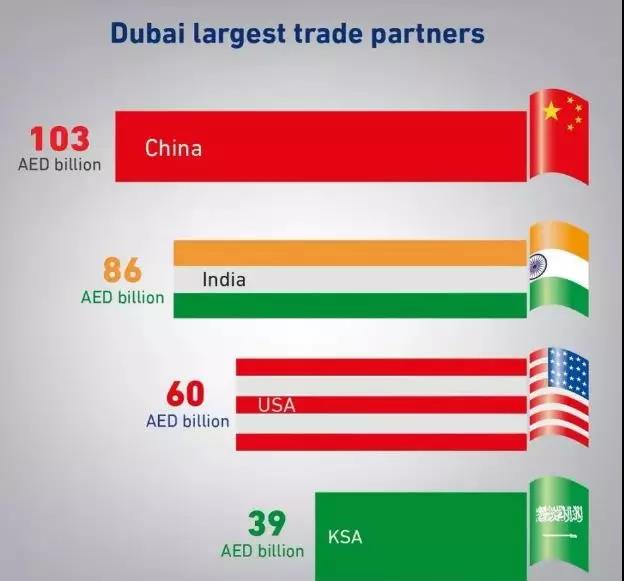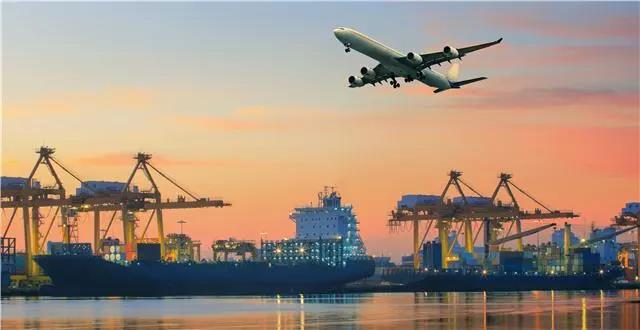Recently, CITITRANS was invited by Shenzhen TV Station to interview the economic development of the “Belt and Road” in the Middle East. It said that it will actively respond to the “One Belt, One Road” initiative, deepen the layout of the Middle East and empower the Chinese brand “going out”.
The friendship between the Middle East countries and China has a long history. With the visit of China’s Vice President Wang Qishan to Israel, Palestine, Egypt and the United Arab Emirates from October 22 to 30, cooperation between China and the Middle East countries has once again reached a new level. 'With the support of the leaders of China and the Arab countries, I believe that the momentum of win-win cooperation between China and the Arab countries will only increase.' The Secretary General of the Arab Investment Alliance, Jamal Bayumi, said that China and the Middle East countries are widely In the common interest, in the Middle East countries such as Saudi Arabia, UAE, and Egypt, there are large-scale projects under construction or already completed by China.


Mutual benefit and win-win future
The United Arab Emirates, Kuwait and Saudi Arabia are important economic and trade partners of China in the Middle East and an important bridgehead for China's “Belt and Road”. With the successive introduction of national policies, Chinese brands have accelerated their pace of going global. They have been deployed in the Middle East, and Chinese manufacturing has entered the homes of ordinary people in the Middle East and Africa.

China has been Dubai's largest trading partner since 2014 and has remained so far. In 2017, bilateral trade volume between China and Dubai is 176 billion dirhams (about 48 billion US dollars), accounting for 13.6%; the latest statistics show that 1-9 in 2018 In the month, the bilateral trade volume between China and Dubai is 102.9 billion dirhams (about 28 billion US dollars). Mobile phones, gold, jewelry, diamonds and cars have become Dubai's most important trade goods.
Integrated logistics,Making Chinese companies go to sea easier
Thanks to the popularity of the Internet and smartphones, e-commerce in the Middle East has been booming in recent years. Many e-commerce sellers have turned from Europe, America, Japan and South Korea to the Middle East. According to statistics, more than 60% of UAE residents and about 50% of Saudi Arabian residents are on foreign websites. On purchases, the average consumption exceeds $300 and $90. To accelerate the development of bilateral economic and trade, logistics is the most important and fundamental part!

CITITRANS has overseas branches in the Middle East, UAE, Saudi Arabia, Bahrain, Oman, Kuwait, Kenya and other countries. As Chinese companies accelerate their pace of going out, the role of CITITRANS has also changed from traditional foreign trade logistics providers to covering electricity. Integrated logistics service providers for business logistics, overseas warehousing, and e-commerce value-added services, and local construction in the Middle East, continuously optimize logistics links, make logistics simple, and truly empower Chinese companies.